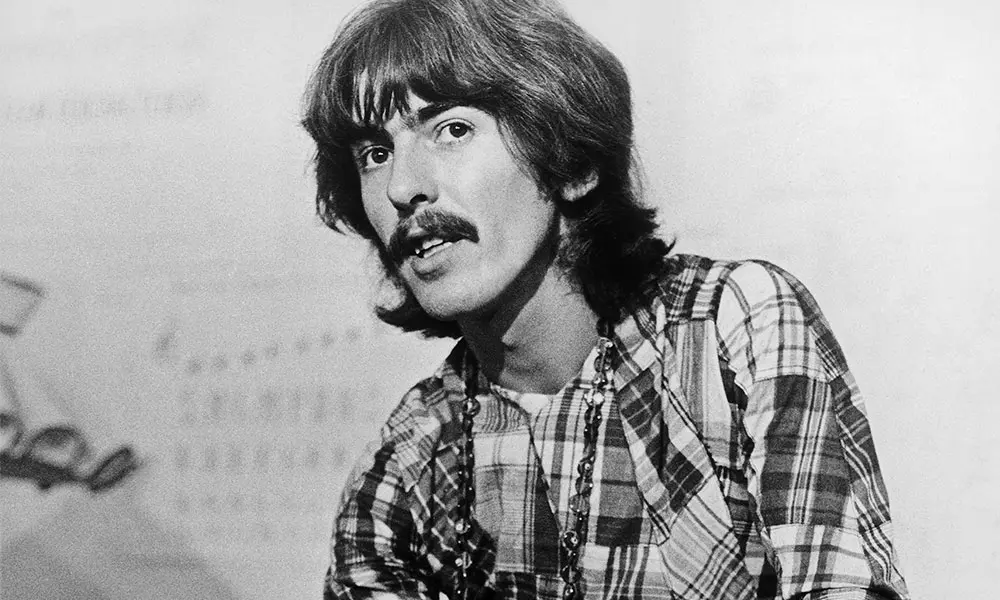In the music world, genius often walks a fine line between inspiration and imitation. Throughout history, countless songs have sparked debates over whether a melody was borrowed, a lyric lifted, or a riff “recycled.” But among all the lawsuits and controversies, one case still stands out as the greatest songwriting theft of all time.
When Music Turns into a Courtroom Drama
Songwriting theft isn’t just about bruised egos—it’s about money, legacy, and ownership of creativity. A hit song can generate millions in royalties and define an artist’s career. So, when another musician claims that was my song first, it can shake the industry to its core.
From Chuck Berry’s riffs showing up in The Beach Boys’ Surfin’ U.S.A., to Robin Thicke and Pharrell’s infamous courtroom loss over Blurred Lines and Marvin Gaye’s Got to Give It Up, history is packed with scandals where the line between influence and theft blurred.
The Case That Shook the Industry
The most infamous example? Many point to George Harrison’s “My Sweet Lord” (1970). The former Beatle was sued for “subconscious plagiarism” of The Chiffons’ 1963 hit “He’s So Fine.” The two songs share strikingly similar chord progressions and melodies.
The case dragged on for years, with Harrison eventually found guilty—not of intentional theft, but of accidentally copying. It was a landmark moment, proving that even one of the most talented songwriters in history could fall victim to the mysterious workings of the subconscious mind.
But others argue the true “greatest theft” came later, when Led Zeppelin was accused of lifting the iconic opening of “Stairway to Heaven” from the song “Taurus” by the band Spirit. Although Zeppelin ultimately won in court, the controversy lingers, and fans still debate whether those famous notes were borrowed or born anew.

